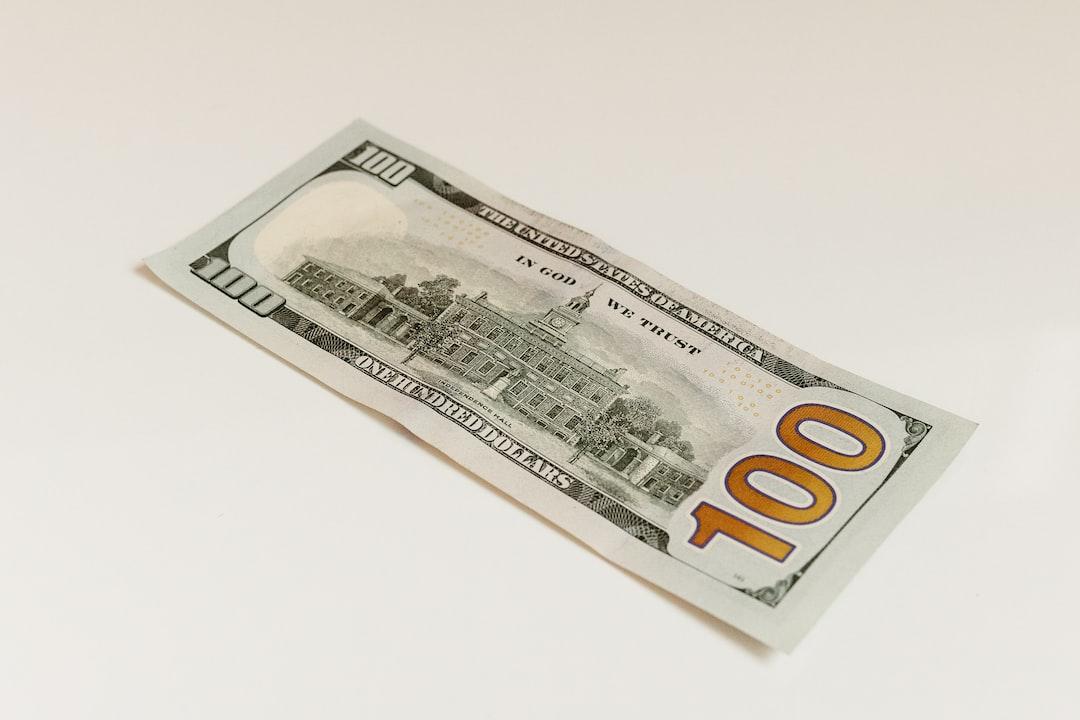El Salvador has the potential to experience a tenfold increase in its gross domestic product (GDP) over the next five years if it continues to pursue its Bitcoin (BTC) and artificial intelligence (AI) adoption plan under President Nayib Bukele, according to Cathie Wood, the CEO of ARK Invest. Wood expressed her belief that President Bukele’s dedication to transforming El Salvador into a haven for the Bitcoin and AI communities, which are considered two of the most significant economic and technological revolutions in history, could result in a real GDP growth of tenfold during the next five years. This statement was made by Wood in a blog post on May 28 after her meeting with Bukele. During the meeting, the integration of Bitcoin into capital markets, AI, and tax policies were the key topics of discussion between Wood and Bukele. Max Keiser, who advises Bukele on Bitcoin-related matters, stated that Wood provided a detailed analysis on how El Salvador could achieve a tenfold increase in GDP to reach $300 billion by 2029. Stacy Herbet, a Bitcoin advocate, Arthur Laffer, an economist from the United States, and Marc Seal, a research associate at ARK Invest, were also present at the meeting. According to data from the World Bank, El Salvador’s GDP was $32.4 billion in 2022, which is an increase of over 30% since Bukele assumed office in June 2019. If the GDP reaches $300 billion, it would place El Salvador’s economy on par with Romania, the Czech Republic, and Chile. Since Bukele’s first presidential term, El Salvador has made Bitcoin legal tender, eliminated taxes related to technological innovation, and abolished income tax for foreign investments and remittances in March. In April 2024, Google officially expanded its presence in the country through a $500 million strategic partnership. El Salvador currently holds 5,764 Bitcoin in its treasury, valued at $396.2 million, which represents a 58.6% increase from its average purchasing price. However, the adoption of Bitcoin among the local population has not been as successful. Factors such as a largely tech-illiterate population, weak enforcement of merchant acceptance, and issues with the rollout of El Salvador’s Chivo Wallet in 2021 have hindered progress. In 2023, only 12% of the local population used Bitcoin at least once for payments, a decrease from the previous year, according to a survey conducted by José Simeón Cañas Central American University in January. Nevertheless, the upward price trend of Bitcoin in early 2023 has sparked a new wave of merchant adoption in recent months, led by major companies such as Walmart, Starbucks, and Dominos.

